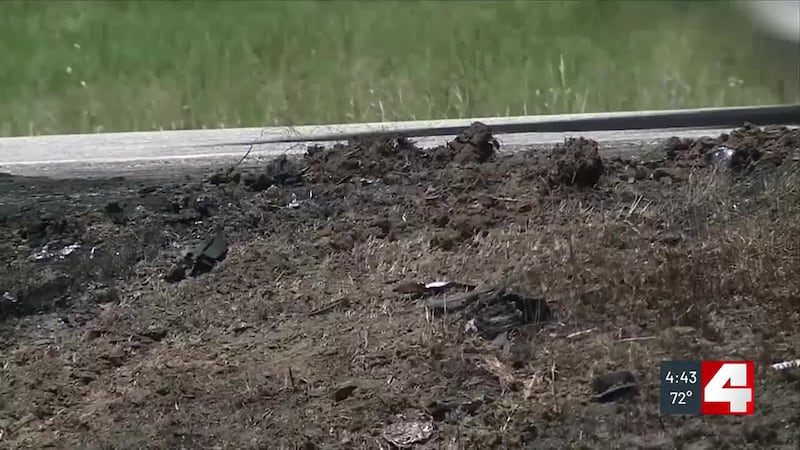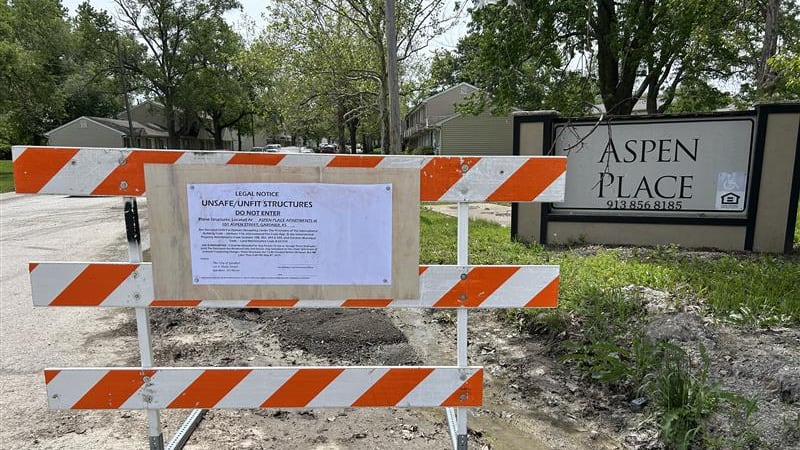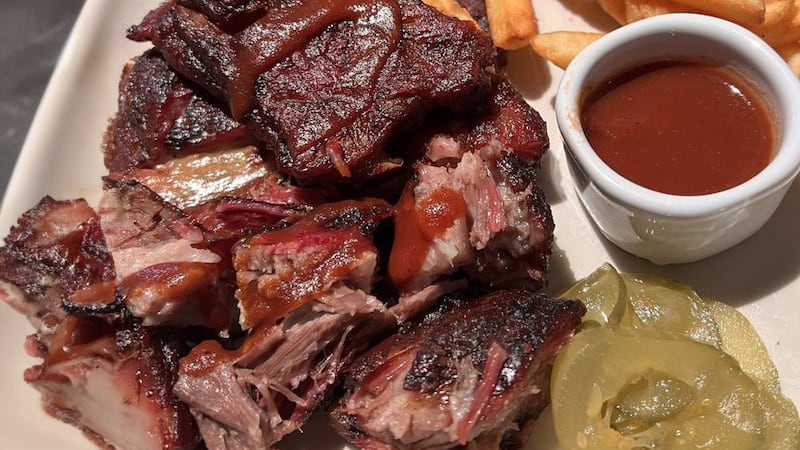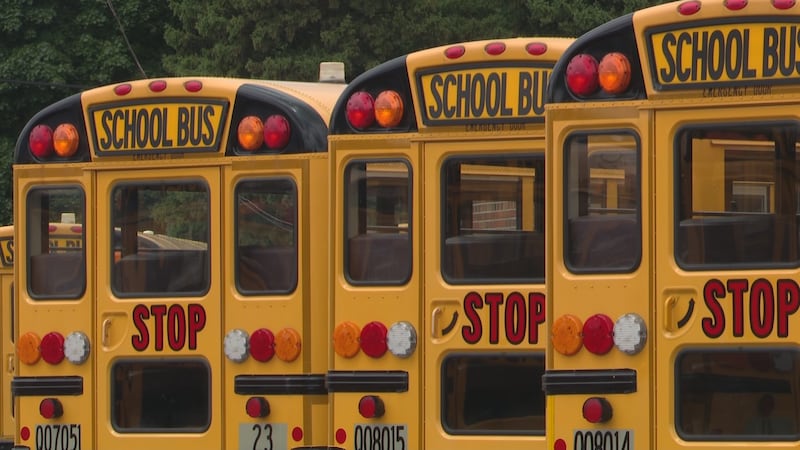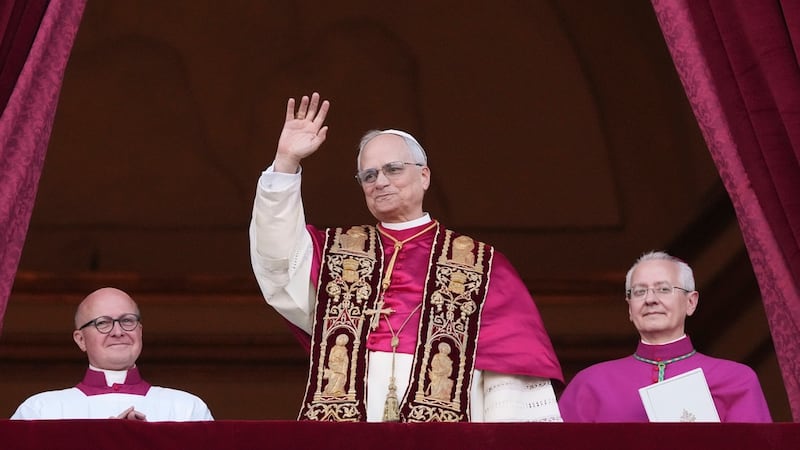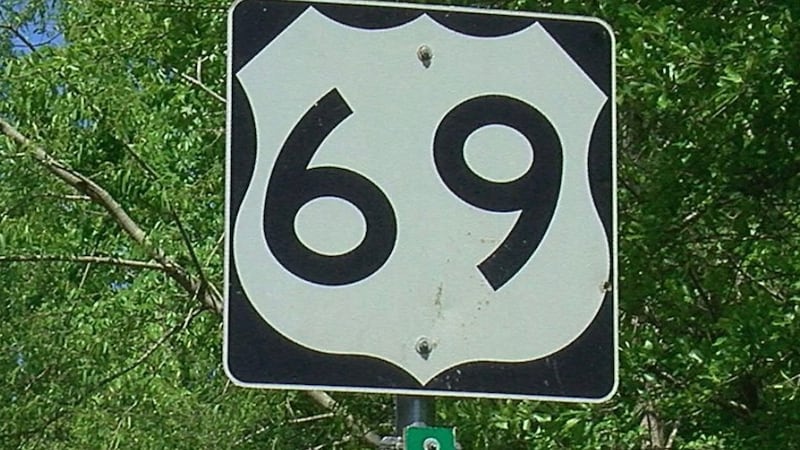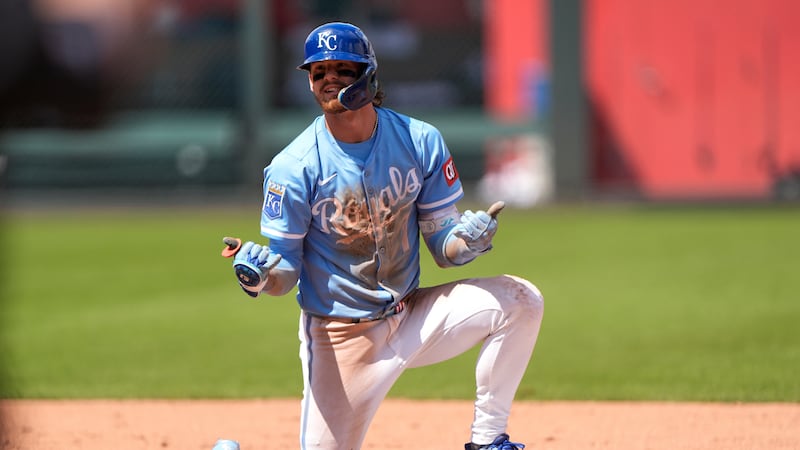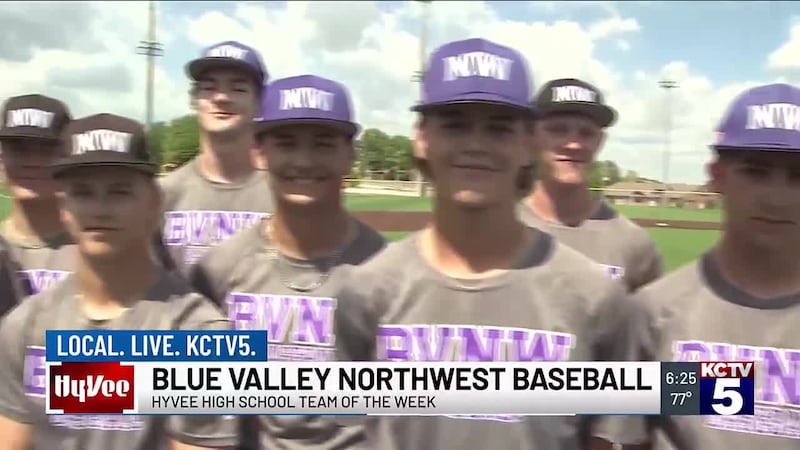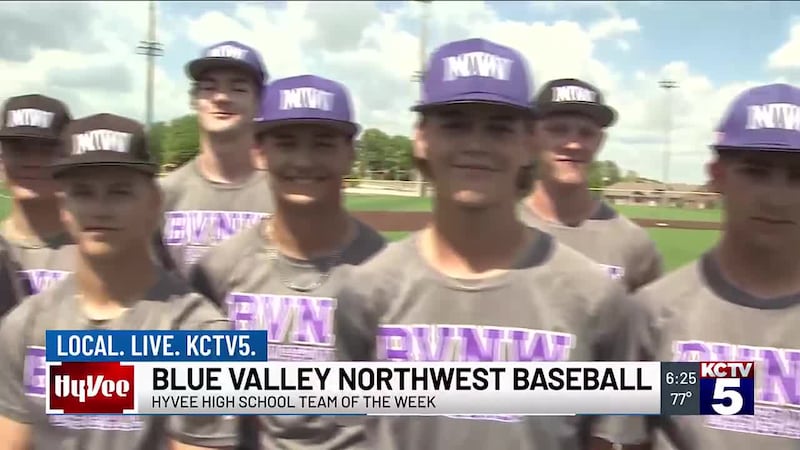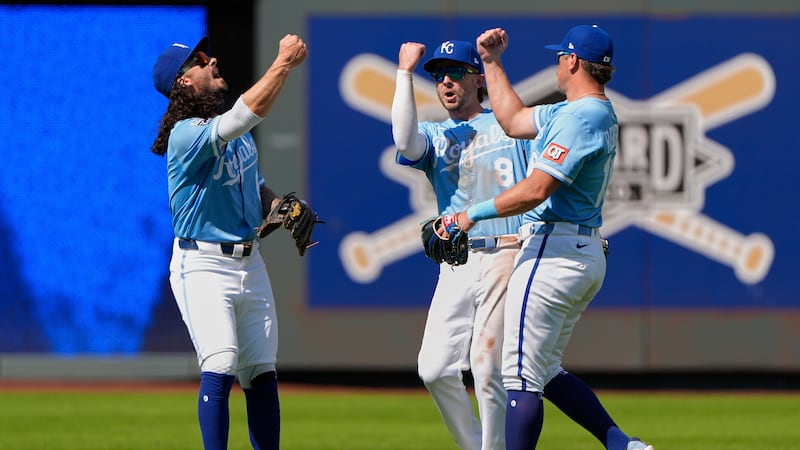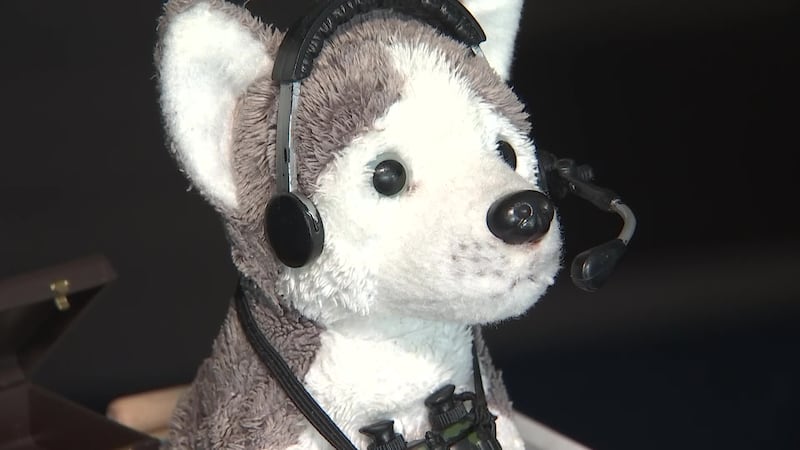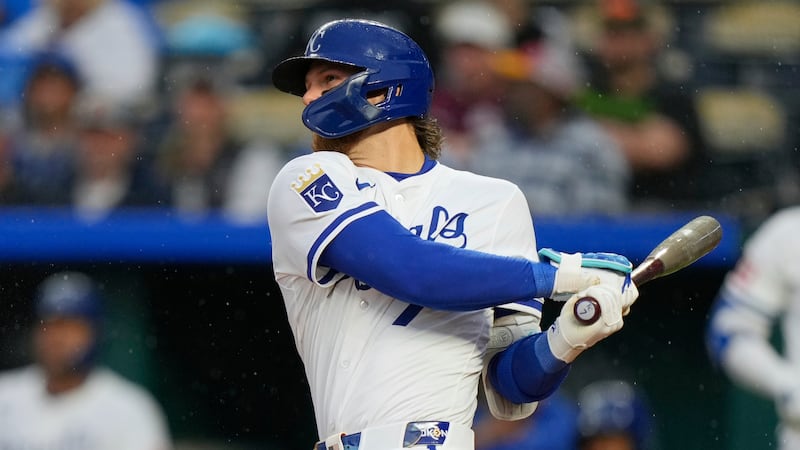Federal judge tosses lawsuit brought by ex-college basketball players against NCAA over use of NIL
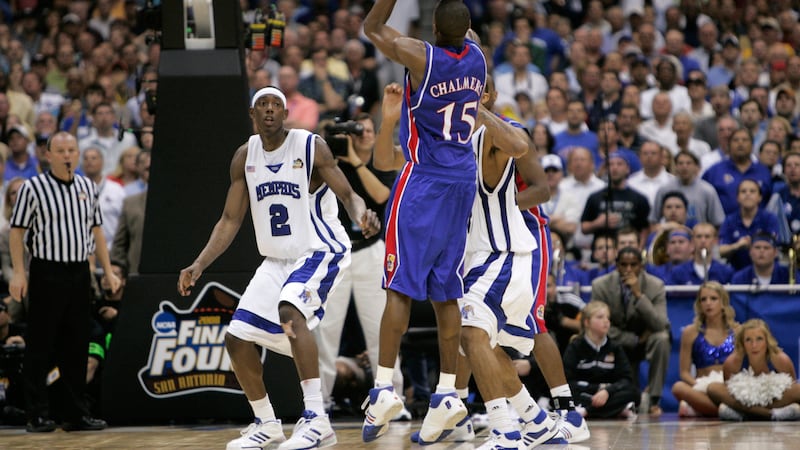
NEW YORK (AP) — A federal judge dismissed an antitrust lawsuit Monday that had been brought against the NCAA by several former college basketball players, including Kansas standout Mario Chalmers, after ruling its claims fell outside the four-year statute of limitations.
The lawsuit, which included 16 total players who played before June 16, 2016, claimed that the NCAA had enriched itself by utilizing their names, images and likenesses to promote its men’s basketball tournament. That date in 2016 is the earliest date for players to be included in the House v. NCAA antitrust settlement awaiting final approval from a federal judge.
U.S. District Judge Paul Engelmayer pointed toward a four-year statute of limitations for federal antitrust violations, despite the lawsuit contending that the law continues to be breached by the NCAA’s use of the players’ NIL in March Madness promotions.
Chalmers famously hit a tying 3-pointer with 2.1 seconds left for Kansas in the 2008 title game against Memphis, a highlight that remains a staple of NCAA Tournament packages. The Jayhawks went on to win the championship in overtime.
“The NCAA’s use today of a NIL acquired decades ago as the fruit of an antitrust violation does not constitute a new overt act restarting the limitations clock,” Engelmayer wrote in the 34-page decision. “Instead, as the NCAA argues, the contemporary use of a NIL reflects performance of an aged agreement: a contract between the student-athlete and the NCAA under which it acquired footage and images of the plaintiff.”
Engelmayer also noted that the plaintiffs were part of the class in O’Bannon v. NCAA, the 2015 case that helped to usher in the age of NIL payments so the lawsuit was not demonstrably different from other settled cases involving the athletes.
Copyright 2025 The Associated Press. All rights reserved.
